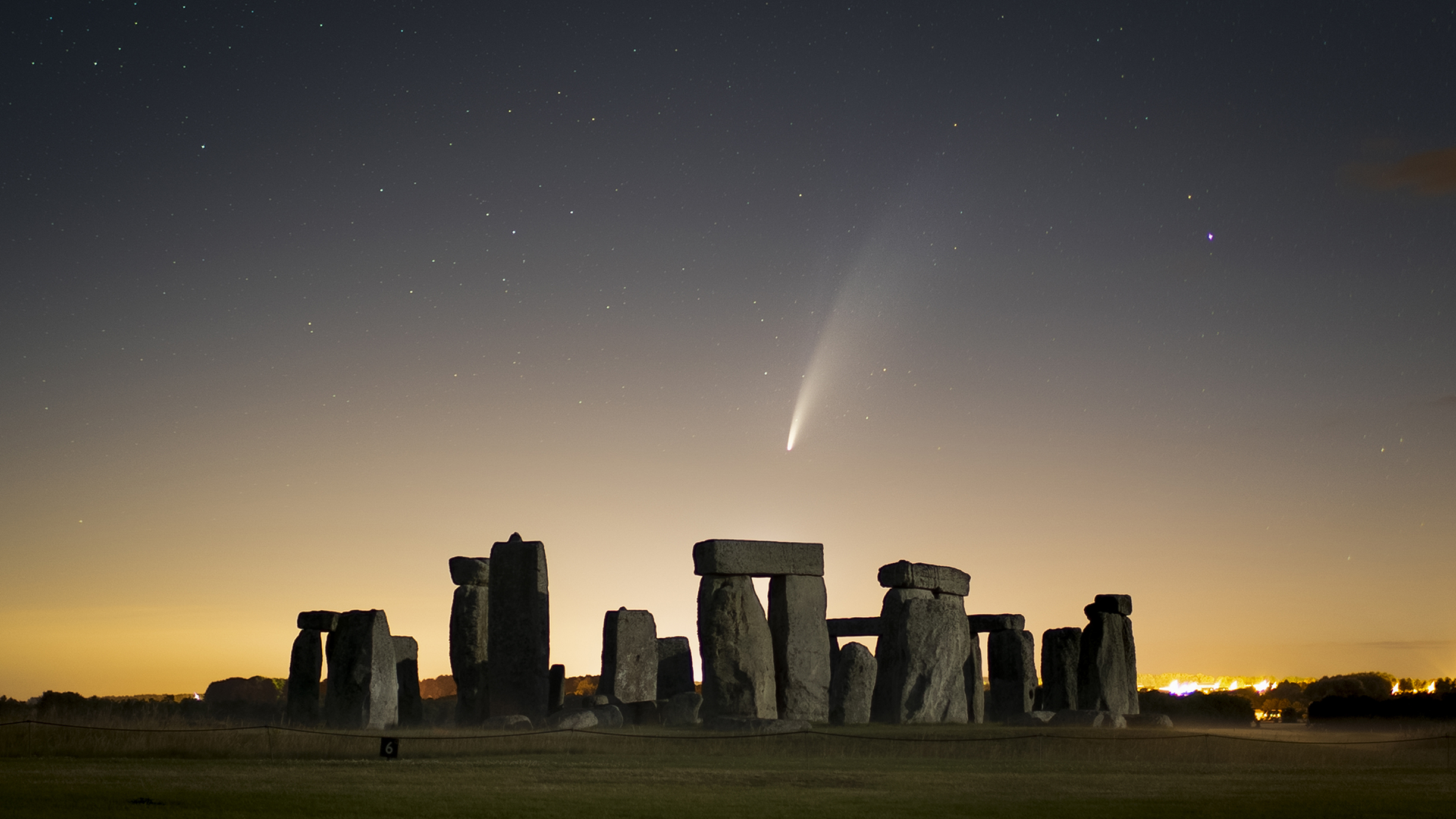Olympus OM-D E-M5 Mark III – Nikon Z50 killer! 20.4MP, 6.5EV IBIS, weather sealing
Micro Four Thirds is back in the game with the Olympus OM-D E-M5 Mark III – which outguns the new Nikon Z50
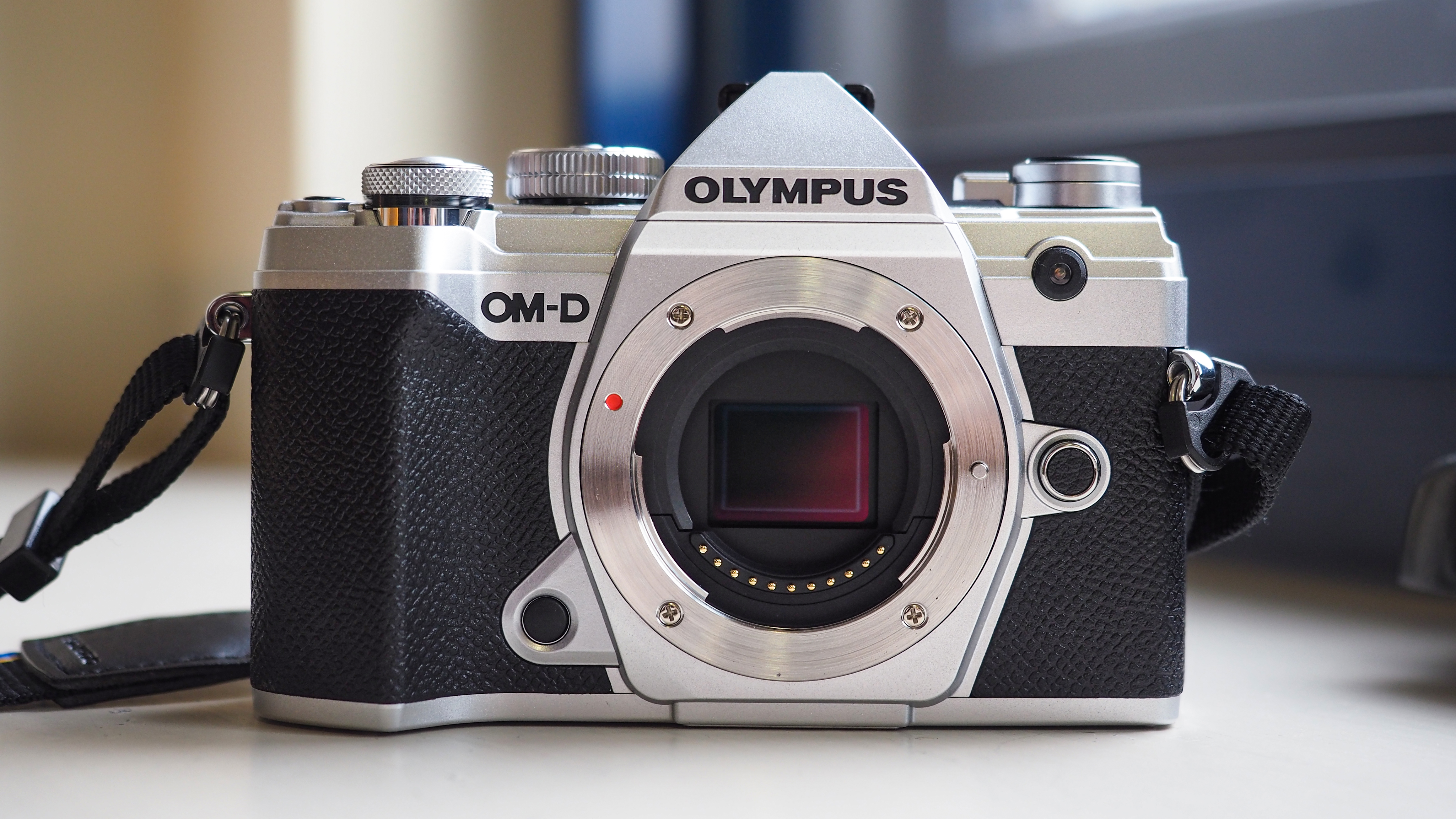
Olympus has announced its long-awaited new camera to coincide with its 100th birthday celebration: the Olympus OM-D E-M5 Mark III boasts a 20.MP sensor, up to 6.5 stops of in-body image stabilization, 4K video up to 30fps, and a High Res shot mode that delivers 50MP photographs.
The Olympus OM-D E-M5 Mark III also boasts a number of features inherited from Olympus' flagship E-M1 cameras, including the celebrated Pro Capture mode (enabling you to capture 14 frames before you depress the shutter, so you never miss an action moment) and a hybrid phase detect autofocus system.
• Hands on: Olympus OM-D E-M5 Mark III review
The camera presents top-to-bottom improvements over its 2015 predecessor, the E-M5 Mark II, notably weighing 51g less despite packing so many upgraded features. Most pertinently, however, it also manages to out-spec the recently announced Nikon Z50 APS-C camera, outpunching its larger-sensored rival in almost every category from size and resolution to stabilization and weather sealing.
• Read more: Olympus OM-D E-M10 III vs E-M5 III vs E-M1 II
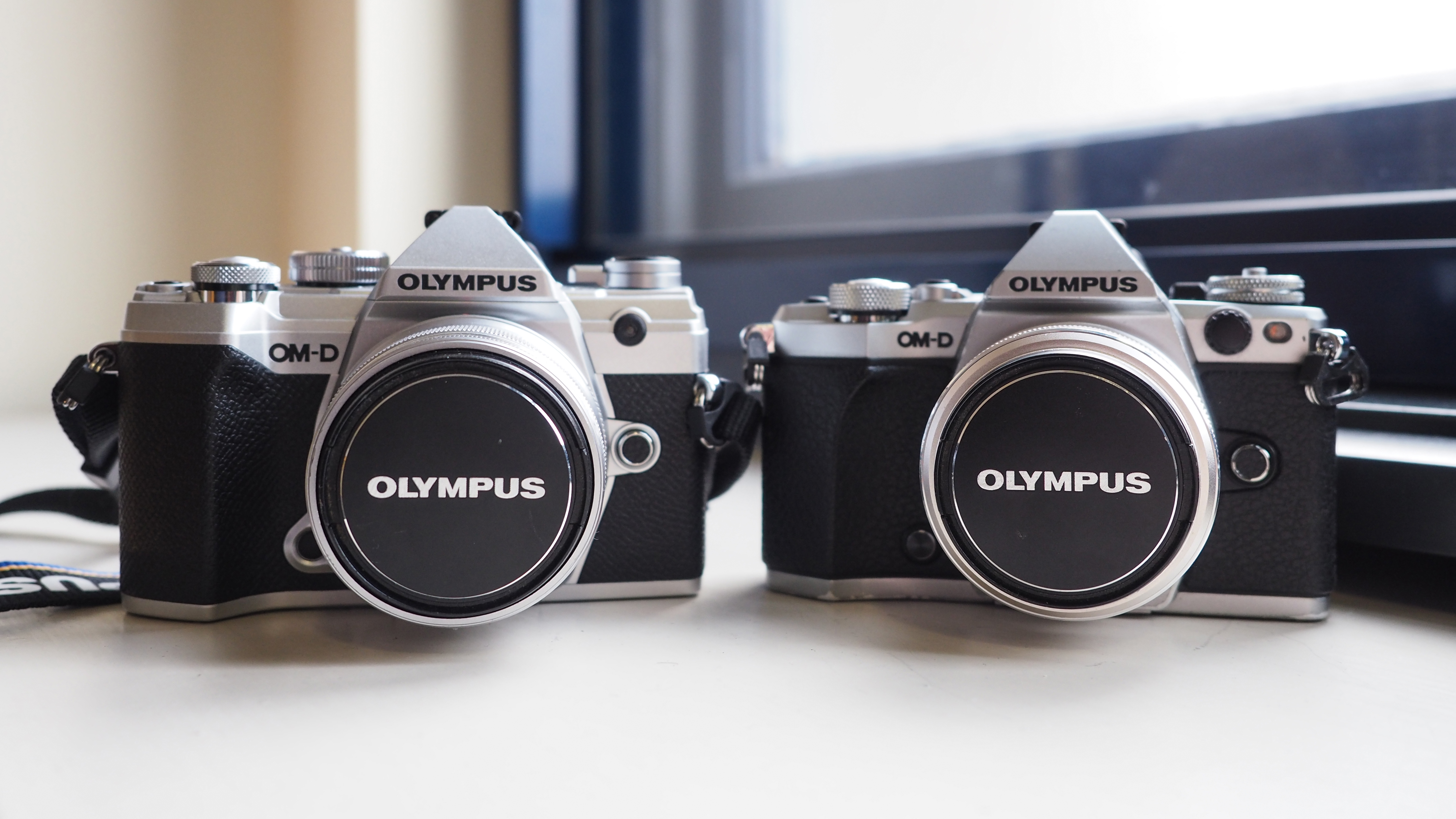
Living up to Micro Four Thirds’ promise of compact, capable cameras, the E-M5 Mark III is truly discreet at just 125.3 x 85.2 x 49.7mm, and weighs a deceptively light 395g (body only) thanks to its new polycarbonate construction.
In the hands it feels like the Mark II has lost a considerable amount of weight, but also done some extra shoulder rolls, being a tad thicker on the top. The camera is ever-so-slightly beefier, but a whole lot lighter – and, crucially, it still features class-leading IPX-rated weather sealing.
Get the Digital Camera World Newsletter
The best camera deals, reviews, product advice, and unmissable photography news, direct to your inbox!
Inside is the 20.4MP sensor imported from the flagship Olympus OM-D E-M1 Mark II and Olympus OM-D E-M1X, along with the hybrid 121 cross-type phase and contrast-detect autofocus system. This supports up to 10fps sequential AF shooting with the camera’s improved and new, fully customizable autofocus system.
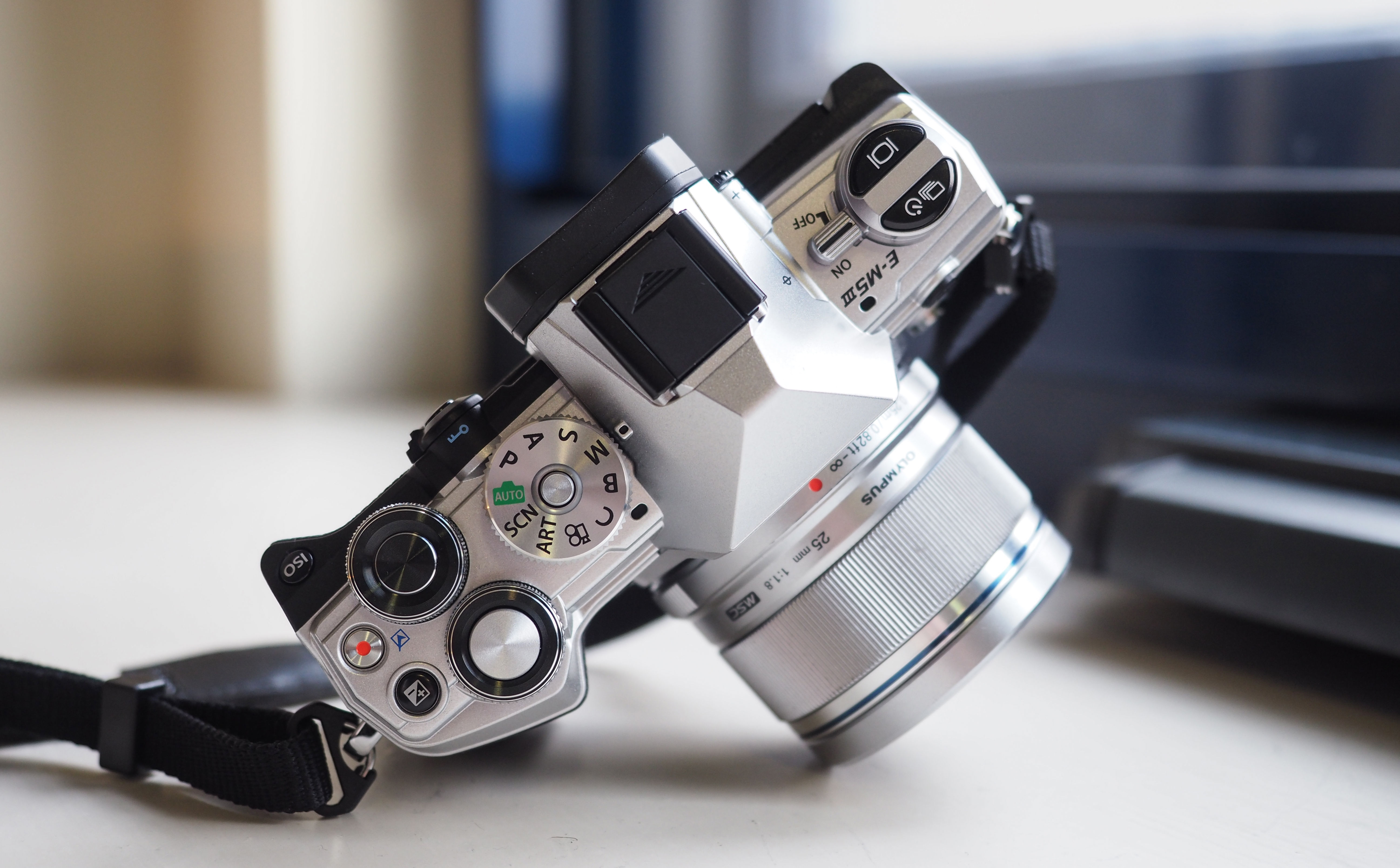
Also improved is Olympus' industry leading in-body image stabilization. This has been increased to a base performance of 5.5 stops of stabilization, going up to 6.5 stops when paired with Sync-IS lenses (such as the M.Zuiko 12-100mm f/4 IS Pro lens) that employ the in-body and in-lens systems in conjunction.
Unlike previous E-M5 iterations, the Mark III eschews the chunkier BLN-1 battery in favor of the smaller, sleeker BLS-50 used by the Olympus OM-D E-M10 Mark III and the Olympus PEN E-PL9. Despite having a smaller capacity, however, Olympus promises that the “lifetime in still images is the same as with E-M5 Mark II”.
This means that we’re looking at a conservative 310 shots (closer to 360 in practice) to 750 shots (with Quick Sleep Mode enabled) per charge. And the battery can also now be charged via USB – such as a powerbank, phone charger or cigarette lighter adapter – when the camera is not in use.
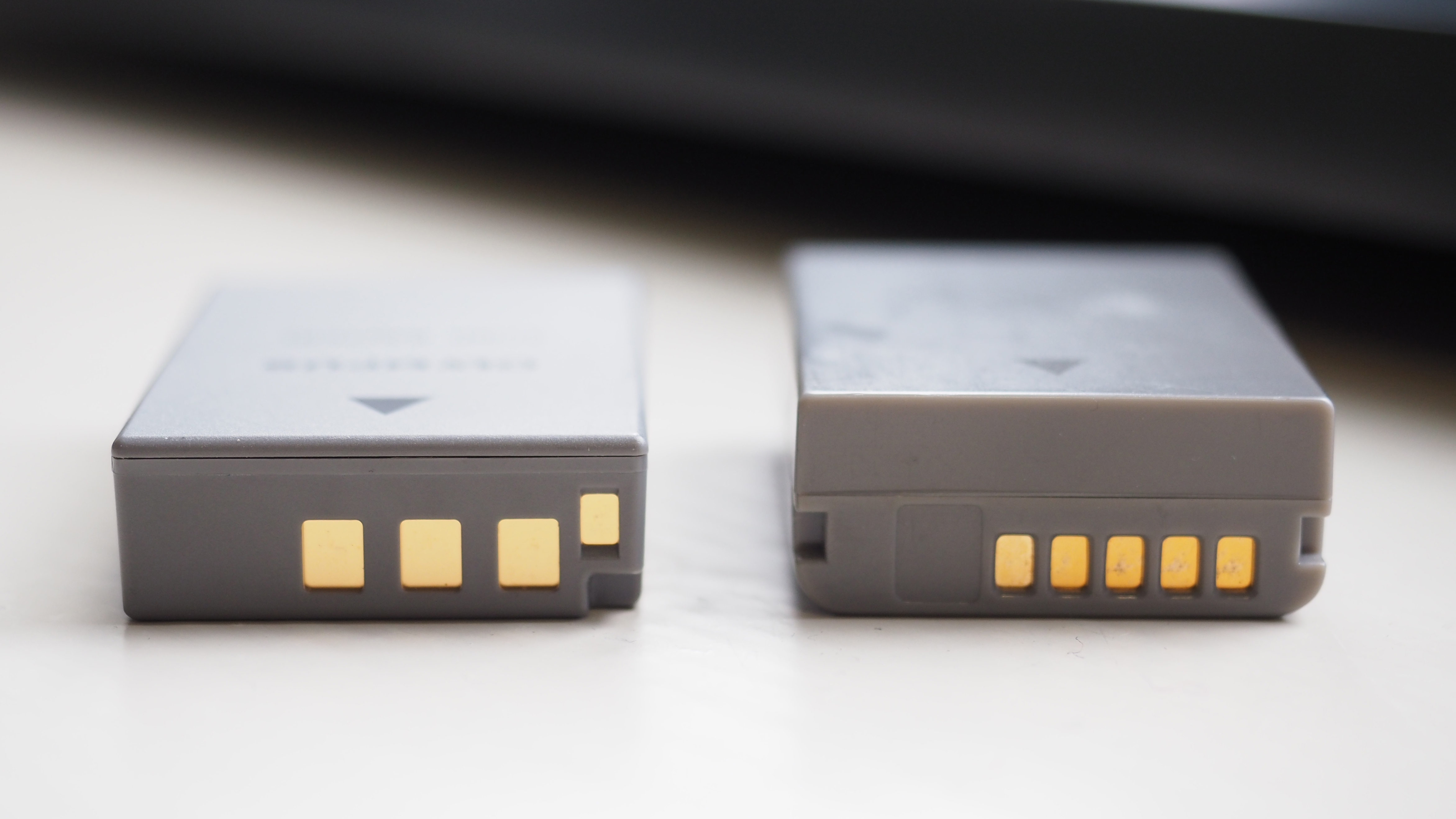
In terms of video, the E-M5 Mark III can capture C4K at 24fps, 4K up to 30fps, and 1080p up to 120fps for slow-motion footage. All modes feel notably better in use, thanks to the increased 5.5 stops of IBIS and the improved autofocus – and vloggers will be pleased to know that there is a microphone jack.
While the camera doesn't feature a new processor, the TruePic VIII chip has been updated to give it superior low light performance – to the extent that Olympus has increased the auto ISO upper limit by two stops, to ISO6400 from ISO1600.
The Olympus OM-D E-M5 Mark III goes on sale 18 November with an aggressive price of £1,099.99 ($1,390.27) body only, £1,599.99 ($2,022.22) with the M.Zuiko 12-200 f/3.5-6.3 lens, or £1699.99 ($2,148.58) with the M.Zuiko 12-40 f/2.8 Pro.
Read more:
Hands on: Olympus OM-D E-M5 Mark III review
What is a mirrorless camera?
The best Olympus cameras in 2019

James has 22 years experience as a journalist, serving as editor of Digital Camera World for 6 of them. He started working in the photography industry in 2014, product testing and shooting ad campaigns for Olympus, as well as clients like Aston Martin Racing, Elinchrom and L'Oréal. An Olympus / OM System, Canon and Hasselblad shooter, he has a wealth of knowledge on cameras of all makes – and he loves instant cameras, too.
